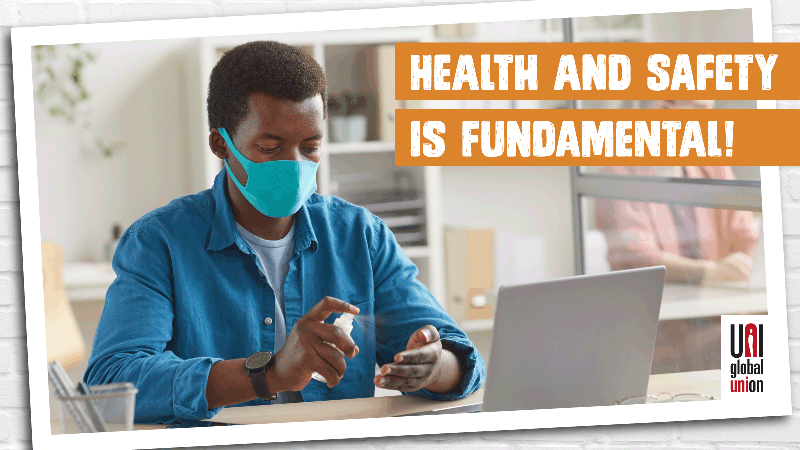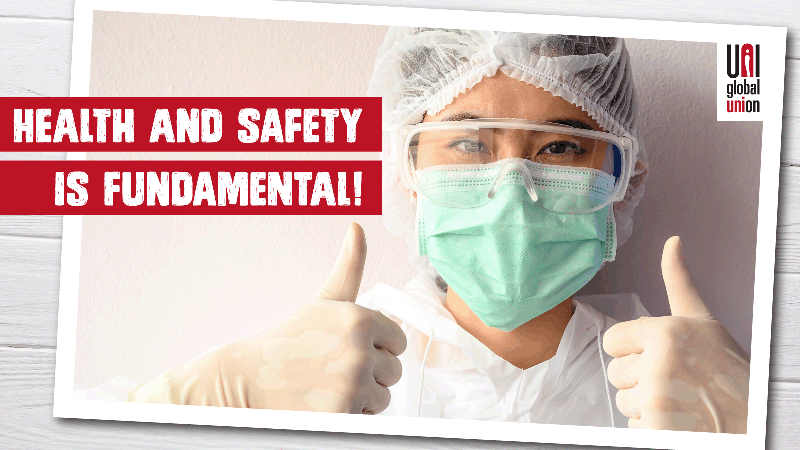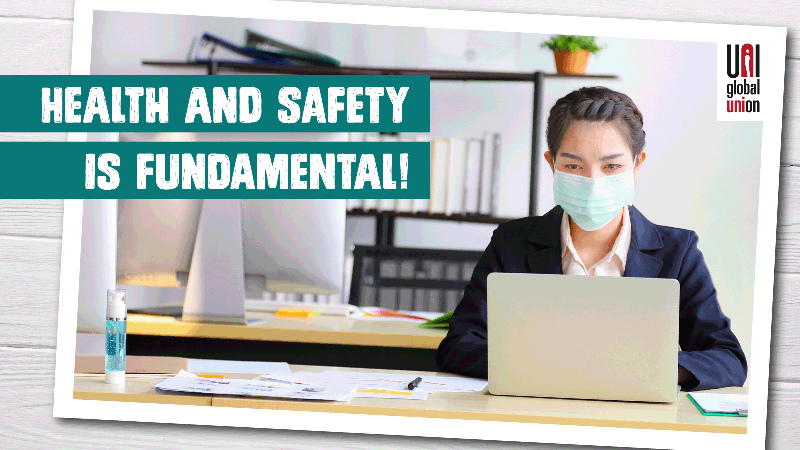BPSU Celebrates ‘World Day For Decent Work’
In celebration of the World Day for Decent Work, the Bermuda Public Services Union [BPSU] is “calling upon the ILO to designate occupational safety and health as a fundamental right.”
A spokesperson said, “Today, the Bermuda Public Services Union and unions across the globe join UNI Global Union in celebrating World Day for Decent Work by calling upon the ILO to designate occupational safety and health as a fundamental right.
“We also draw attention to the lifesaving measures that unions have taken to protect all workers during Covid and demand that workers everywhere have a right to a union and to independently elected safety and health committees.
“After nearly 18 months of the pandemic, unions around the world have demonstrated the critical role they play to protect workers’ health, through negotiating rules about crowding, PPE, staffing ratios and ensuring the “right to disconnect”.
“The evidence is clear that these measures are even stronger when workers can turn to a safety representative at work to raise concerns and get training and answers, free from fear of retaliation.
“We have learned through all of this that, even in the relatively “safer” services industries, the core issue of safety and health can never be downplayed or minimized. And while the safety measures required by the pandemic are increasingly behind us, there are new health and safety challenges accelerating through our digitalized world of work which require that this issue become a bigger priority for all workers.
“Induced stress at call-centers worldwide, to email chains that go past office hours, the new world of work is generating new occupational hazards that demand a strong response from unions everywhere. Both at the bargaining table and through regulation, unions are stepping up to the challenge.
“In some cases, our safety standards or regulations are outdated, and new ones must be developed to respond to the new technological realities. Unions in several countries have achieved legislation of the “right to disconnect”. And at least one court has ruled against non-stop camera surveillance while working at home.
“Some countries already require that many workplaces should have safety stewards or independently elected Health and Safety committees – this should become the norm everywhere. Health and Safety Committees are an essential tool – the eyes and ears on the job to make sure that rules are not simply words on paper.
“Several countries already have designated Covid as an occupational disease – this too should become more widespread in order to enable workers exposed to infectious disease at work to receive care and OSH benefits.
“Covid-19 has brought occupational safety to the forefront in the global conversation about workers’ rights and put on display the indispensable role that unions play to keep workers safe from old and new forms of on-the-job hazards,” said Christy Hoffman General Secretary of UNI Global Union. “The time is now to set new safety standards through bargaining and regulation to protect everyone. The right to health and safety is fundamental.”
“The ILO is a tripartite body comprised of governments, employers, and unions. Unions are calling upon employers and governments to elevate occupational safety to the highest level of international labour standards. A fundamental right is one which applies to all countries and workers.
“The 2019 ILO Centenary Declaration, unanimously adopted by governments, unions and employers, recognized the importance of occupational health and safety for all workers. Since then, the pandemic coupled with hazards created by technology’s expanded use at work has added new urgency to making health and safety a fundamental right and shown that unions are essential to implementing and enforcing that right.
“Action at the ILO level would advance unions’ role in keeping work safe locally. Covid-19 is just one of many new challenges to occupational health we face, but we know that together, we can make work safe for all.”




